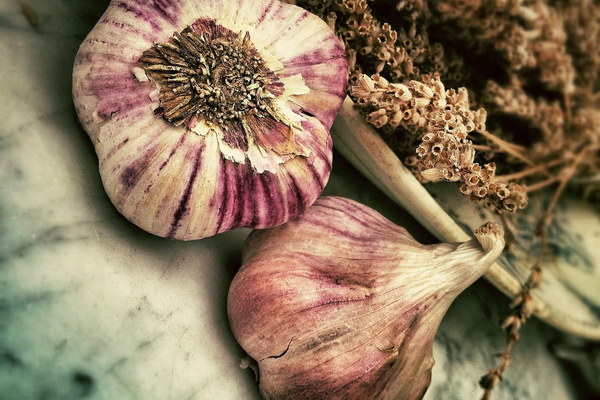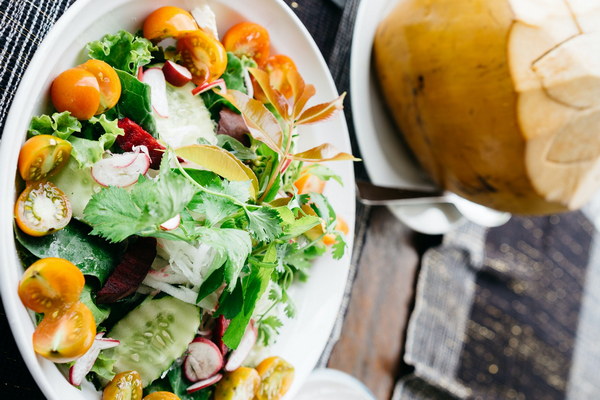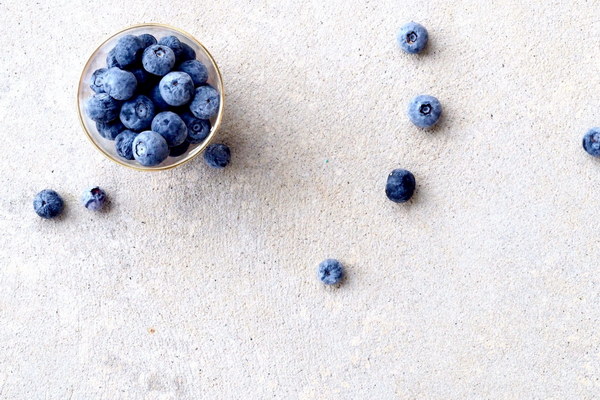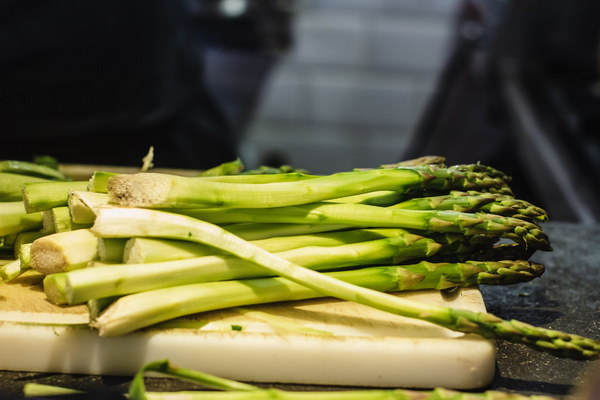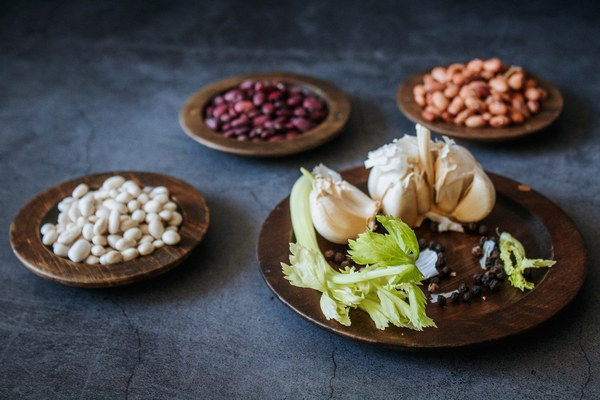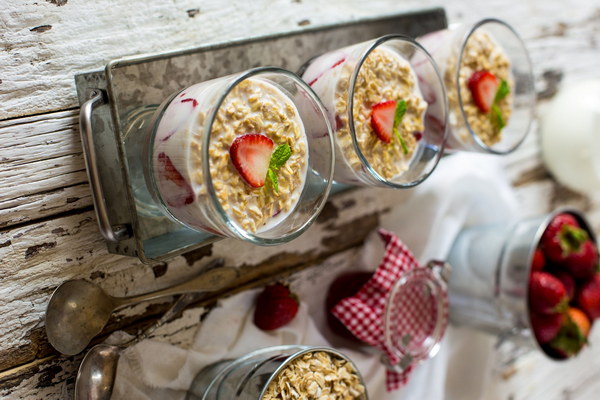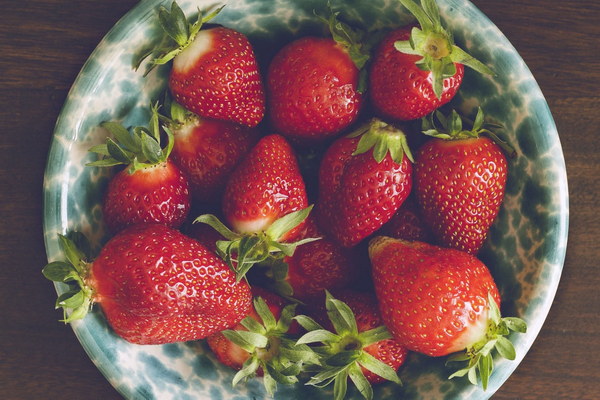Summer Soothe Elderly Gastric Patients' Supplemental Diet for Summer Health
Summer Soothe: Elderly Gastric Patients' Supplemental Diet for Summer Health
As the scorching summer months approach, the need for a healthy and soothing diet becomes paramount, especially for elderly individuals suffering from gastric issues. The summer heat can exacerbate gastric problems, making it crucial to choose the right foods that not only provide nourishment but also alleviate discomfort. Here’s a guide to a supplemental diet tailored for elderly gastric patients to enjoy the summer season with ease.
1. Hydration is Key
Summer heat can lead to dehydration, which can aggravate gastric symptoms. Ensuring adequate hydration is essential. Water is the best choice, but herbal teas, coconut water, and light broths can also be beneficial. It’s important to sip these fluids throughout the day to maintain hydration levels without overloading the digestive system.
2. Easy-to-Digest Foods
Fiber-rich and tough-to-digest foods can irritate the stomach in the summer heat. Opt for foods that are gentle on the digestive system, such as:
- Bananas: High in potassium and easy on the stomach.
- Boiled Potatoes: Starchy and filling without causing discomfort.
- Rice: A bland carbohydrate that is soothing to the stomach.
- Chicken Soup: Light and comforting, with nutrients that aid in digestion.
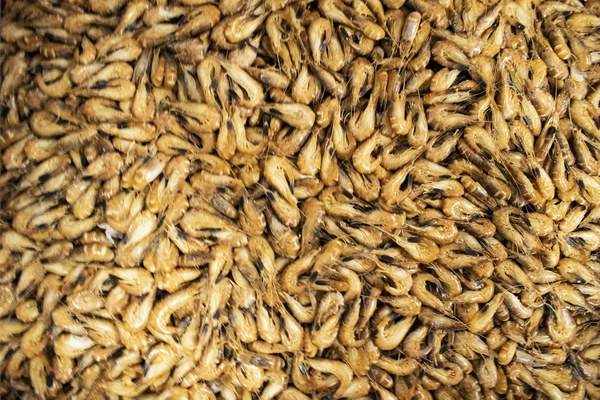
3. Fermented Foods
Fermented foods are known for their probiotic properties, which can help maintain a healthy gut flora. Include:
- Yogurt: Choose plain, unsweetened yogurt to avoid added sugars and irritants.
- Kefir: A probiotic-rich alternative to yogurt.
- Sauerkraut: A tangy and nutritious addition to meals.
4. Cooling Ingredients
Some ingredients can help cool the body and alleviate stomach discomfort:
- Cucumber: High in water content, it can help lower body temperature and has anti-inflammatory properties.
- Mint: Often used in teas and dishes, mint can help soothe an upset stomach.
- Ginger: Known for its anti-inflammatory and digestive properties, ginger can be added to teas or used in cooking.
5. Light Meals
Summer meals should be light and not overly heavy. Consider the following options:
- Salads: Opt for salads with leafy greens, such as spinach or lettuce, and dress them with olive oil and lemon juice.
- Vegetable Soup: A hearty but not filling soup can be a nutritious and soothing choice.
- Quinoa: A gluten-free, high-protein grain that is easy to digest.
6. Herbs and Spices
Certain herbs and spices can aid in digestion and reduce inflammation:
- Turmeric: A powerful anti-inflammatory spice that can be added to curries or soups.
- Fennel: Known for its digestive properties, fennel can be added to teas or used in cooking.
- Cinnamon: A sweet spice that can help regulate blood sugar levels and has a soothing effect on the stomach.
7. Avoid Certain Foods
It’s important to avoid certain foods that can exacerbate gastric issues during the summer:
- Spicy Foods: These can irritate the stomach lining.
- Fatty Foods: Greasy foods can be hard to digest and may cause discomfort.
- Alcohol and Carbonated Drinks: These can disrupt the balance of gut flora and irritate the stomach.
Conclusion
Summer can be a challenging time for elderly gastric patients, but with the right dietary choices, it can also be a season of comfort and enjoyment. By focusing on hydration, easy-to-digest foods, cooling ingredients, and avoiding irritants, elderly gastric patients can maintain their health and well-being throughout the summer months. Remember, it’s always best to consult with a healthcare professional before making significant changes to your diet. With the right approach, summer can be a season of relief and rejuvenation for those with gastric concerns.
